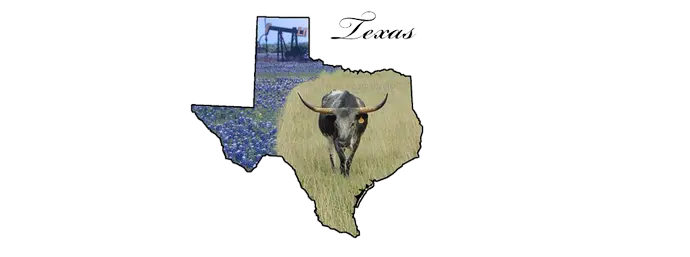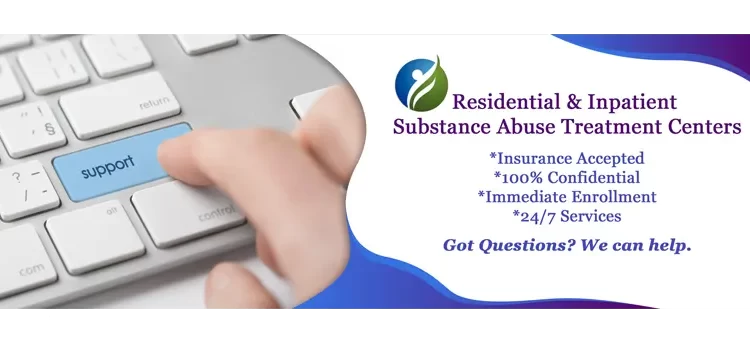Residential Drug Rehab Centers in Irving, Texas
The first step in looking for Residential Drug Rehab Centers in Irving, Texas, is to decide if you should enter into a short-term or long-term residential rehabilitation center. Private long-term residential programs are the most effective form of treatment for addiction. Outpatient drug rehabilitation programs can offer a good alternative for light drug and alcohol users. Residential drug rehab centers are typically outside of the hospital system and offer longer stays. Residential rehabs are live-in treatment homes. This type of drug rehab center can often also address some of the underlying psychological or behavioral problems associated with drug and alcohol addictions. People with mental or medical concerns, as well as substance use disorders, are the most likely to use residential treatment. Inpatient residential drug rehab centers can open the door to long-lasting recovery.Please contact us by phone for immediate assistance. This is a necessary step in beginning the recovery process for yourself or a loved one. Our addiction treatment specialists and staff have over 25 years of experience in helping people find effective and affordable treatment for all addictions. What you tell us is completely confidential. We are HIPAA compliant. We are here to answer your questions and to get you (or a loved one) into treatment today. For immediate intake, call us now.
1-800-513-5423

Rehabilitation Centers in Irving, Texas
The state of Texas has some of the best drug rehab programs in the country. Many programs in Texas use the PHP model, which is day treatment at an office of the building, while at night, the client goes to an apartment or sober house with supervision. This not only lowers the costs of operating a drug rehab center but also lowers the costs for those seeking treatment for a substance abuse disorder.In the state of Texas, there are secular residential treatment centers, pet-friendly drug rehabs, in-house Christian drug and alcohol treatment centers, holistic drug rehab centers, dual diagnosis rehab centers, and free drug rehab centers available to those seeking help for a substance abuse problem. When working with a substance abuse treatment counselor, it is very important, to be honest about your drug or alcohol use. If there is a need or a concern for a medical detox this can be handled to take care of the medical need before dealing with the other issues that are associated with addiction.
Irving, Texas, has a few different types of treatment programs for addiction, including 1 drug rehab program that will take Medicaid, 3 inpatient treatment centers, 1 drug rehab that takes private insurance such as Aetna or Blue Cross Blue Shield, 3 drug detox, and 4 outpatient rehabs.
It is sometimes beneficial for the client to go to treatment further away from home. Getting away from temptations and friends who may still be using is often better for many people. Clients who go to rehab in another state also have a harder time leaving treatment early as well. Depending on the situation, our counselors may suggest looking for substance abuse programs that are a plane flight away. Most drug rehabs throughout the country will be able to work with your insurance so you can enroll at little to no out-of-pocket cost.
Addiction to drugs or alcohol can be a complex and often isolating disease. It is best handled by enrolling in a residential drug or alcohol rehab center program. Do not wait until it is too late to find recovery for yourself or a loved one. Get help now. Call us today, and we can help you find exactly what you are looking for.
1-800-513-5423
Types of Locally Available Treatment Programs in Irving, Texas
1-800-513-5423
Nearby Cities:
Arlington
Dallas
Grand Prairie
Hurst
Christian/Faith-Based Programs
Inpatient rehab
Secular (non-religious) programs
IOP Outpatient therapy
Women Only Treatment Centers
LGBTQ drug rehab centers
Holistic treatment programs
Mental health treatment centers
Detox Centers
Intervention
How rehab works
Get Help Now Before it is Too Late1-800-513-5423
Erik Epp – Content AuthorSources
SAMHSA
Texas Dept of Health






